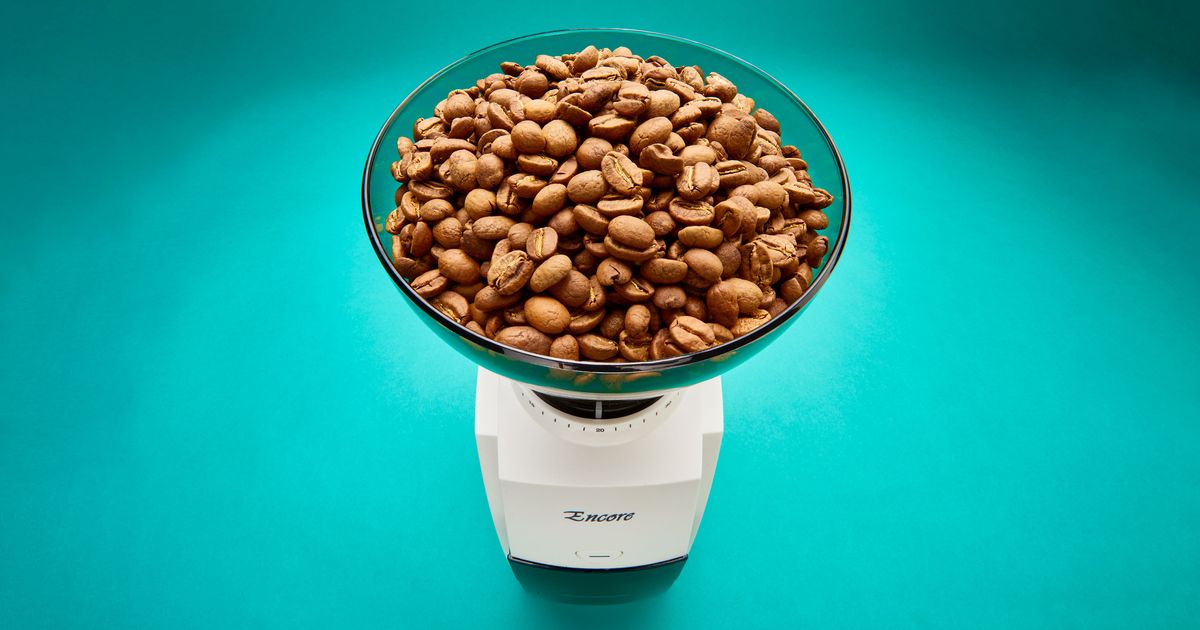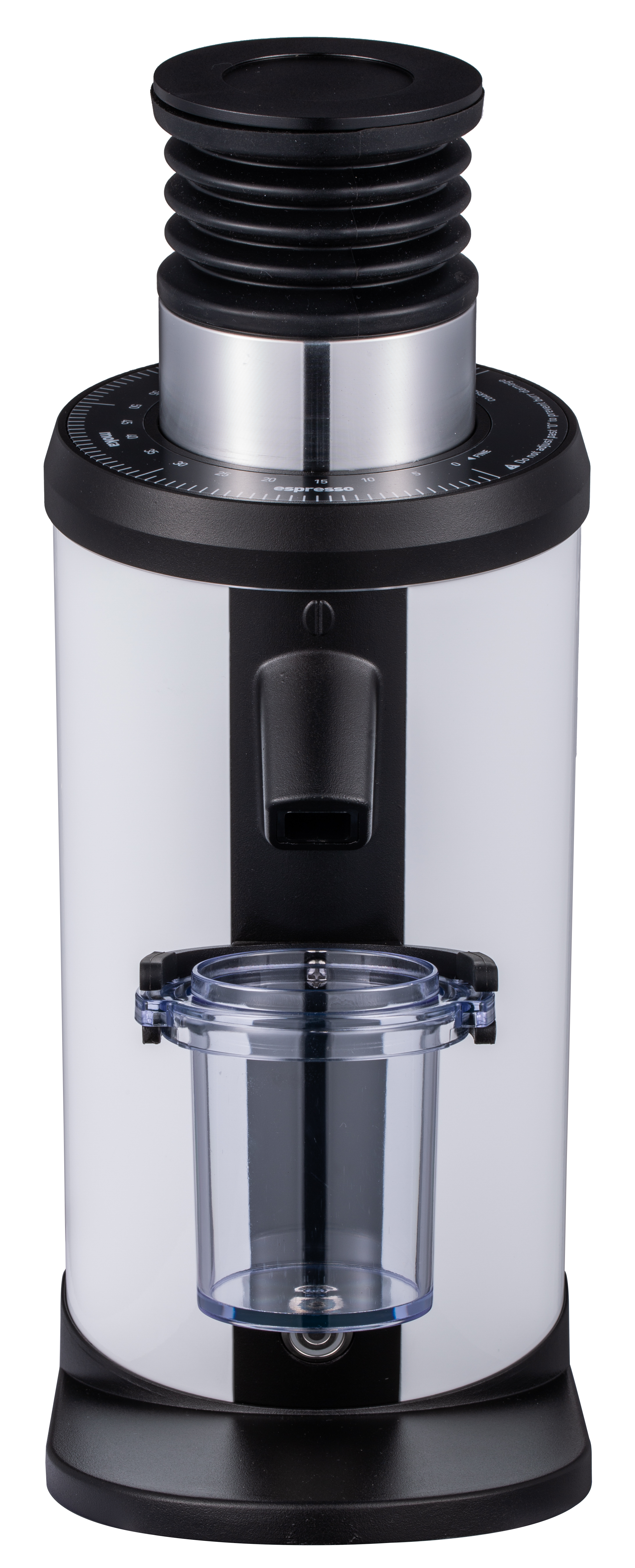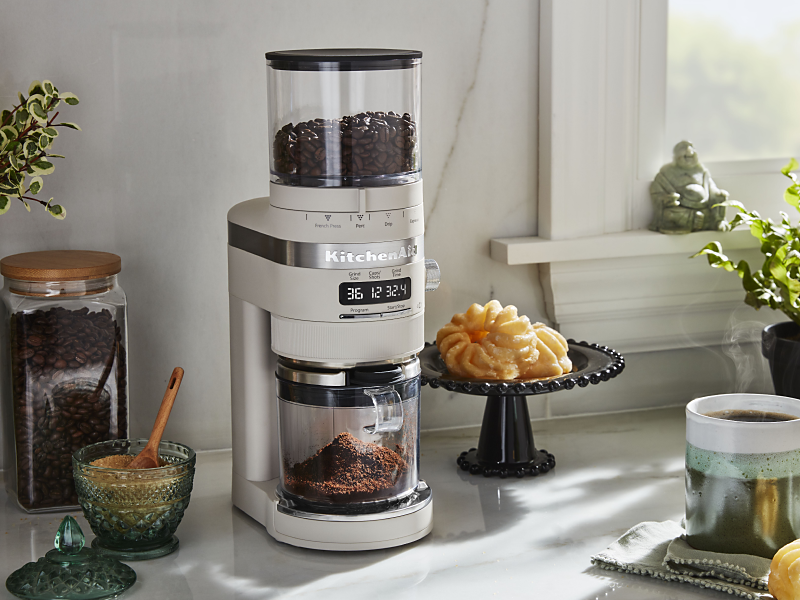Timemore Sculptor 064: A Grinder Designed for Coffee Fanatics
Wiki Article
The Ultimate Guide to Grinding Coffee Beans at Home
In the world of coffee fanatics, the process of grinding coffee beans in the house is thought about an art type that can considerably enhance the high quality of your brew. The perfect cup of coffee typically begins with the precise act of grinding beans to the excellent uniformity, yet this apparently simple task entails a myriad of factors that can affect the outcome. From comprehending various grind sizes to selecting the ideal grinder for your needs, beginning on this trip can be both fulfilling and complex. Join us as we unwind the subtleties of grinding coffee beans in the house and outfit you with the expertise and abilities needed to boost your coffee game to brand-new elevations.Various Coffee Work Sizes Explained
Comprehending the different coffee work dimensions is essential for achieving the excellent removal and taste in your made coffee. The dimension of the coffee grounds dramatically affects the rate of extraction throughout the brewing procedure. Coarser grinds have less surface touching the water, causing a slower removal process, which is optimal for approaches like French press and cold mixture. On the other hand, finer grinds have enhanced area, enabling quicker extraction, appropriate for espresso or Turkish coffee (Timemore Sculptor 078).One of the most typical work sizes are extra crude, crude, medium-coarse, tool, medium-fine, great, and added penalty. Extra rugged appears like breadcrumbs and is generally utilized for cool mixture. Rugged work is similar to sea salt and fits French press brewing. Medium-coarse is akin to rough sand and works well for Chemex or Clever Dripper. Medium work, similar to normal sand, appropriates for drip coffee machine. Medium-fine appears like common salt and is ideal for pour-over methods. Fine work, comparable to powdered sugar, is ideal for espresso equipments. Bonus penalty, nearly like flour, is excellent for Turkish coffee. By choosing the proper work size for your developing method, you can improve the taste and high quality of your coffee.
Choosing the Right Grinder for You

Tips for Constant Grinding Outcomes
To achieve regular grinding results when preparing coffee in the house, it is necessary to establish a regular maintenance schedule for Timemore Sculptor 078 your selected grinder. Timemore Sculptor. Normal cleaning of the mill's blades or burrs is important to ensure that no coffee deposit accumulates and influences the quality of the grind. Additionally, it is advised to alter your mill regularly to maintain the preferred coarseness or fineness of the grindAnother idea for achieving constant grinding outcomes is to determine your coffee beans before grinding. Utilizing an electronic scale to consider the beans makes certain that you are making use of the appropriate coffee-to-water ratio for your brew, bring about a more well balanced and constant taste in your mug.
Moreover, readjusting the grind size according to your brewing approach is essential to acquiring the finest outcomes. Various brewing techniques, such as French press, pour-over, or espresso, need details grind sizes to extract the tastes correctly. Trying out with different grind dimensions and noting the outcomes can assist you best your grinding strategy for each and every brewing approach.
Storage and Preserving Freshly Ground Coffee

The most effective containers for storing newly ground coffee are those made from ceramic, glass, or stainless steel. These materials are non-reactive and do not transfer any type of odors that could jeopardize the coffee's preference. Additionally, it is recommended to divide your coffee into smaller sized parts to lessen air direct exposure each time the container is opened.
It is recommended to keep the coffee in an amazing, dark area, such as a kitchen or cupboard, rather than on the countertop or in the fridge. Refrigerators can present wetness to the coffee, affecting its preference. By adhering to these storage methods, you can lengthen the quality of your ground coffee and take pleasure in tasty mugs of coffee each time you brew.
Troubleshooting Common Grinding Issues


An additional widespread problem is grinder blocking, which can result from oils in the beans sticking to the mill's blades or burrs. By addressing these usual grinding issues promptly and implementing correct maintenance routines, you can ensure a regular and tasty coffee developing experience.
Final Thought
To conclude, mastering the art of grinding coffee beans at home requires an understanding of different work sizes, picking the ideal grinder, and executing ideas for consistent results. Appropriate storage and preservation of newly ground coffee is also necessary for preserving its quality. By troubleshooting usual grinding problems, coffee lovers can enjoy a tasty mug of coffee brewed from fresh ground beans in the comfort of their own home.In the globe of coffee connoisseurs, the process of grinding coffee beans at home is taken into consideration an art kind that can greatly improve the quality of your brew. Join us as we untangle the subtleties of grinding coffee beans at home and furnish you with the understanding and skills required to raise your coffee video game to new heights.
Recognizing the various coffee work dimensions is vital for accomplishing the best removal and flavor in your made coffee.When coming across common grinding problems while preparing your coffee, it is vital to resolve these obstacles without delay to ensure the quality of your mixture straightens with the treatment taken in keeping and preserving freshly ground coffee. By fixing usual grinding issues, coffee lovers can enjoy a scrumptious cup of coffee brewed from freshly ground beans in the convenience of their very own home.
Report this wiki page